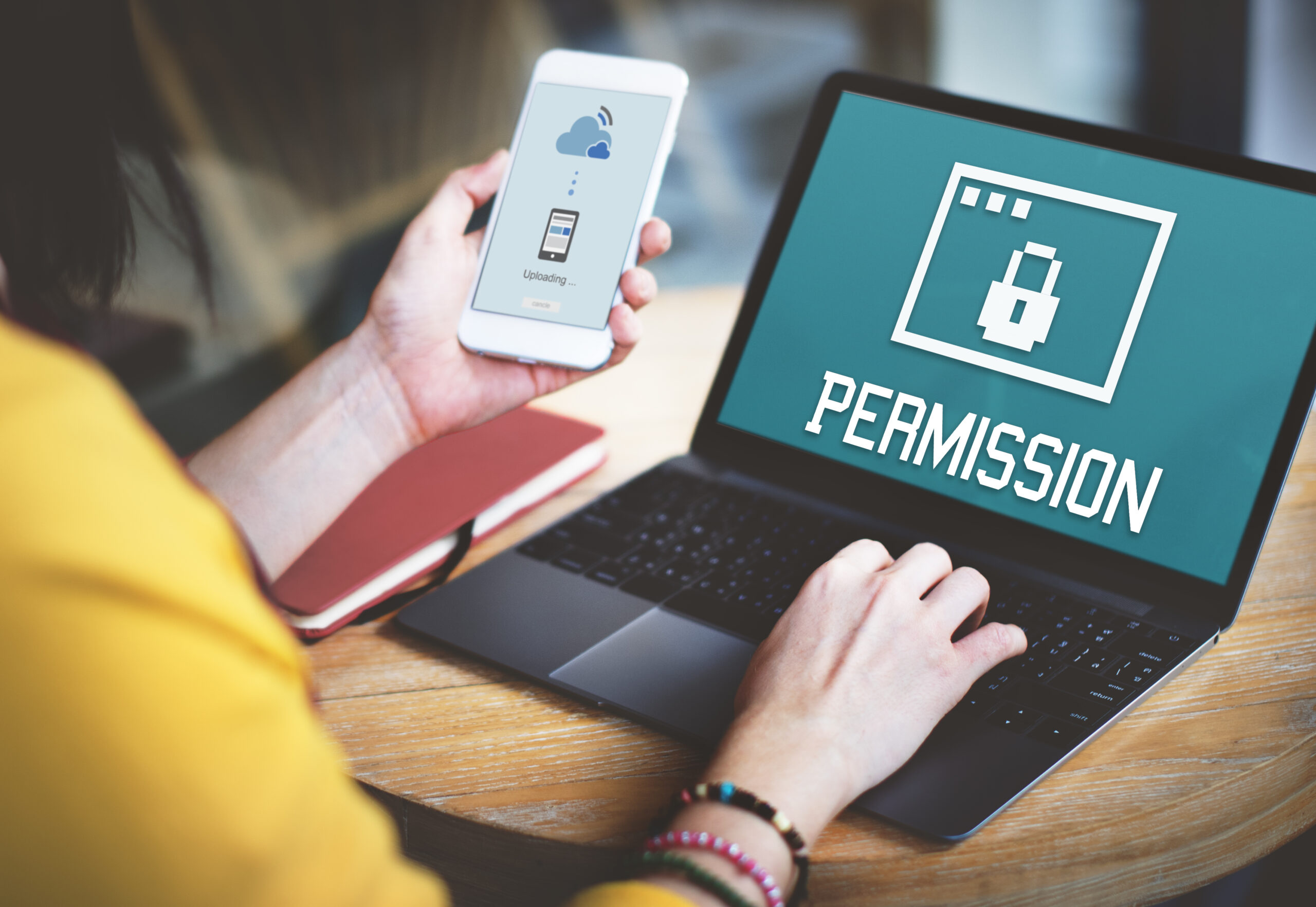In Singapore, there are subtle differences in how social media platforms operate compared to other countries. This is no coincidence. Singapore’s robust regulatory framework is actively shaping the social media ecosystem within its borders. From stringent data privacy measures to aggressive content moderation policies, these regulations are transforming how platforms like Facebook and X(formerly known as Twitter) conduct business in the city-state. Understanding this regulatory impact is crucial for users, businesses, and policymakers alike. In this article, dive deep into how Singapore’s laws are influencing social media operations and what this means for your online experience.
An Overview of Social Media Regulation in Singapore
As a user or business operating in Singapore, you should be aware of the comprehensive regulatory framework governing social media platforms in the country. Singapore has implemented robust measures to address concerns related to data privacy, online misinformation, and content moderation.
Personal Data Protection Act (PDPA)
The PDPA serves as the cornerstone of data privacy regulation in Singapore. Under this act, social media platforms must:
Obtain user consent before collecting, using, or disclosing personal data
Implement reasonable security measures to protect user information
Allow users to access and correct their personal data
Limit data retention to what is necessary for legal or business purposes
Protection from Online Falsehoods and Manipulation Act (POFMA)
POFMA, introduced in 2019 and subsequently amended, aims to combat the spread of misinformation online. Key aspects of this act include:
Empowering Government ministers to issue correction notices for false statements of fact
Requiring social media platforms to display government-issued corrections alongside disputed content
Imposing penalties on individuals and organizations that deliberately spread falsehoods
Content Moderation Requirements
Social media platforms operating in Singapore are expected to adhere to strict content moderation guidelines. These include:
Removing content that violates Singapore’s laws, such as material promoting racial or religious disharmony
Implementing mechanisms to quickly address user reports of harmful or illegal content
Cooperating with law enforcement agencies in investigations related to online offenses
By understanding and complying with these regulations, you can navigate Singapore’s social media landscape more effectively, whether as a user or a business entity. It’s crucial to stay informed about any updates to these laws, as the regulatory environment continues to evolve in response to emerging challenges in the digital sphere.
How the PDPA Impacts Social Media Companies
The Personal Data Protection Act (PDPA) significantly influences how social media companies operate in Singapore. As you navigate the digital landscape, it’s crucial to understand the far-reaching effects of this legislation on platform operations and user experiences.
Consent and Data Collection
- Under the PDPA, social media companies must obtain explicit consent from you before collecting, using, or disclosing your data. This means platforms are required to communicate their data collection practices and provide you with options to control your information. You’ll likely notice more prominent privacy notices and consent requests when using these platforms in Singapore.
Data Protection Measures
- The PDPA mandates that social media companies implement robust security measures to safeguard your data. This includes protection against unauthorized access, modification, disclosure, and other security risks. As a result, you may experience enhanced security features such as two-factor authentication and regular security updates.
Data Access and Correction Rights
- The Act grants you the right to access and correct your data held by social media companies. Platforms operating in Singapore must establish processes for you to request access to your information and make necessary corrections. This empowers you to have greater control over your digital footprint.
Limitations in Data Retention
- Social media companies are required to cease retention of your data when it’s no longer necessary for legal or business purposes. This provision may lead to more frequent data purges and updates to retention policies, potentially affecting the longevity of your posts and interactions on these platforms.
Cross-Border Data Transfers
- The PDPA regulates how social media companies transfer your data across borders. Platforms must ensure that data transferred overseas receives a standard of protection comparable to that under the PDPA. This may influence how global social media companies structure their data storage and processing operations for Singaporean users.
POFMA and Curbing Online Falsehoods
In Singapore’s efforts to combat misinformation, you should be aware of the Protection from Online Falsehoods and Manipulation Act (POFMA). This legislation, enacted in 2019, empowers the government to take swift action against the spread of false information online.
Understanding POFMA’s Scope
POFMA applies to a wide range of online content, including social media posts, websites, and messaging platforms. You’ll find that it targets false statements of fact that could harm Singapore’s public interest, such as those affecting national security, public health, or elections. It’s important to note that opinions, criticism, and satire are not subject to POFMA, preserving freedom of expression within defined boundaries.
Key Mechanisms and Penalties
Under POFMA, you should be aware that government ministers can issue correction directions, requiring platforms to post corrections alongside false content. In more severe cases, they may demand the removal of content or block access to specific websites. Non-compliance can result in significant fines for individuals and companies, potentially reaching up to S$1 million for platforms.
Impact on Social Media Platforms
As a user or content creator, you’ll notice that social media giants like Facebook, Twitter, and Google have had to adapt their operations in Singapore. These platforms now have dedicated teams to handle POFMA requests promptly. They’ve also implemented additional fact-checking measures and user reporting tools to proactively identify potential falsehoods.
Balancing Act: Free Speech and Truth
While POFMA aims to safeguard the integrity of online information, it has sparked debates about its potential impact on free speech. You might observe that critics argue it could have a chilling effect on public discourse, while supporters maintain it’s a necessary tool in the age of viral misinformation. As Singapore continues to refine its approach, you’ll likely see ongoing discussions about striking the right balance between combating falsehoods and preserving open dialogue in the digital sphere.
The Impact on Users and Free Speech
1. Balancing Regulation and Expression
As you navigate Singapore’s social media landscape, you’ll find that recent regulatory changes have significantly altered the digital environment. The stringent policies implemented under PDPA and POFMA have created a complex ecosystem where your online interactions are closely monitored and regulated. While these measures aim to protect your data and combat misinformation, they also raise important questions about the boundaries of free speech in the digital age.
2. Shifting User Behavior
You may notice a shift in how you and other users engage with social media platforms. The fear of potential legal repercussions for sharing certain types of content could lead to self-censorship. This cautious approach might result in a more restrained online discourse, potentially limiting the diversity of opinions and ideas expressed on these platforms. However, it’s important to recognize that these regulations also create a safer online environment, reducing the spread of harmful misinformation and protecting your personal information from misuse.
3. Platform Adaptations and User Experience
Your experience on social media platforms in Singapore may differ from that of users in other countries. To comply with local regulations, platforms like Facebook and Twitter have implemented stricter content moderation policies and enhanced data protection measures. You might encounter more frequent content removals, account suspensions, or requests for additional verification. While these changes can be frustrating, they are designed to ensure a more secure and trustworthy online ecosystem for you and other Singaporean users.
4. Navigating the New Landscape
As you continue to use social media in Singapore, it’s crucial to stay informed about your rights and responsibilities under these regulations. Understanding the boundaries of acceptable online behavior can help you navigate this new landscape more effectively. While the impact on free speech remains a topic of debate, these measures also present an opportunity for you to engage in more thoughtful, responsible online communication.
The Future of Social Media Regulation in Singapore

As you look ahead, the future of social media regulation in Singapore appears to be evolving rapidly. The city-state’s approach to managing online platforms is likely to become more comprehensive and nuanced, reflecting the growing complexity of the digital landscape.
Expansion of Existing Frameworks
- You can expect to see further refinements to the Personal Data Protection Act (PDPA) and the Protection from Online Falsehoods and Manipulation Act (POFMA). These cornerstone regulations will likely be expanded to address emerging technologies and new forms of online interaction. For instance, future amendments might tackle issues related to artificial intelligence, augmented reality, and virtual reality as they become more prevalent in social media.
Focus on Digital Literacy
- Singapore’s regulatory future will likely place a strong emphasis on digital literacy programs. You’ll see increased efforts to educate citizens about online risks, responsible social media use, and critical thinking skills. This proactive approach aims to create a more discerning user base, potentially reducing the need for heavy-handed regulation.
Collaborative Approach with Tech Giants
- Moving forward, you can anticipate a more collaborative relationship between the Singaporean government and major social media platforms. Rather than solely imposing restrictions, regulators may work closely with tech companies to develop innovative solutions for content moderation and data protection. This partnership could lead to the creation of Singapore-specific features or policies on global platforms.
Balancing Innovation and Control
- As you navigate the future regulatory landscape, you’ll observe Singapore’s ongoing efforts to strike a balance between fostering innovation and maintaining societal harmony. The government will likely introduce measures that encourage responsible tech development while safeguarding national interests. This delicate equilibrium will shape how social media platforms operate and evolve within the country’s borders.
In conclusion, the future of social media regulation in Singapore promises to be dynamic and multifaceted, reflecting the nation’s commitment to staying at the forefront of the digital age while preserving its unique social fabric.
In A Nutshell
As you navigate the evolving landscape of social media in Singapore, it’s crucial to remain aware of the regulatory framework shaping these platforms. The PDPA and POFMA amendments significantly impact how social media companies operate, prioritizing user data protection and content integrity. While these regulations present challenges for platforms, they ultimately aim to create a safer, more trustworthy online environment for Singaporean users. As social media continues to play an integral role in daily life, understanding these regulatory impacts will help you make informed decisions about your online presence and data-sharing practices. Stay vigilant and engaged with these developments to ensure you’re making the most of social media while respecting Singapore’s regulatory standards.
More Stories
LinkedIn Elevating B2B Engagement Through Original Content
LinkedIn stands out as a key player as it reshapes B2B engagement by strategically embracing video content. As video consumption rapidly increases on the platform, LinkedIn introduced the innovative “BrandLink” program.
CrowdStrike Unifies Cybersecurity: Strengthening Data Protection Across Endpoint, Cloud, and SaaS
CrowdStrike focus on data protection, exposure management, and IT automation enables a unified solution that simplifies your security infrastructure.
Quantum Synergy: MicroAlgo’s Hybrid Algorithm Pioneers Efficient Multi-Query Optimization
MicroAlgo Inc. stands at the forefront with its innovative hybrid algorithm designed to revolutionize Multi-Query Optimization (MQO). By harmonizing the strengths of classical and quantum computing, this breakthrough addresses the intricate challenges of simultaneously processing multiple queries, an essential function in fields such as database management and machine learning.
Snowflake Invests in RightRev to Add Revenue Accounting Automation to the AI Data Cloud
Snowflake has made a key move by investing in RightRev. RightRev leads in revenue recognition automation. This strategic alliance aims to enhance Snowflake’s financial operations within its AI Data Cloud.
Skype Signs Off: The End of an Era in Digital Communication
As you reflect on the digital landscapes that have shaped the way we communicate, the farewell to Skype on May...
BNP Paribas Banks on IBM Cloud to Fortify Financial Resilience
BNP Paribas, one of the world’s largest banks, has recently taken a significant step in its digital transformation journey.


